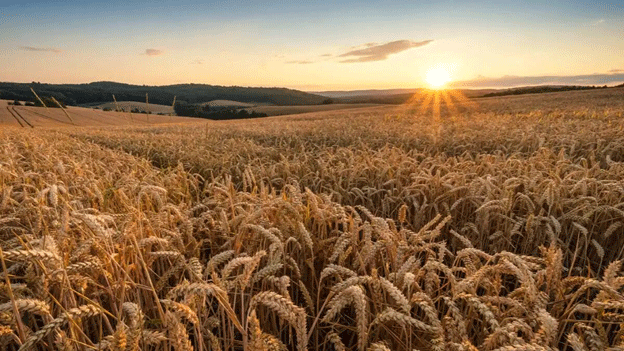The agricultural producers of Russia’s Rostov region have made an impressive mark on the global market, exporting a diverse range of products to nearly 100 countries in 2023. This feat underscores the region’s vital role in supporting food security domestically and internationally.
The initiative has been propelled by the national project “International Cooperation and Export”, launched in 2019 under the directive of President Vladimir Putin. This program aims to strengthen economic ties, boost exports, and enhance the global competitiveness of Russian goods.
Key Achievements in 2023
During a recent gathering to celebrate Agriculture and Food Industry Worker Day, officials highlighted Rostov’s outstanding performance in agricultural production and trade:
- Grain Production: Rostov is one of the leading Russian regions in grain exports, consistently delivering high-quality wheat to markets such as Turkey, Egypt, and Bangladesh.
- Oil-and-Fat Products: Sunflower oil, a major export, finds significant demand in countries like India, China, and Indonesia.
- Confectionery: The region has also diversified into exporting sweets, reaching new markets in the Middle East and Asia.
Moreover, the region has begun exporting turkey, duck, and fish, further diversifying its export portfolio.
Top Trading Partners and Export Volumes
The Rostov region’s leading trading partners include Turkey, Egypt, China, and Saudi Arabia. These nations, along with others like Iran and Kazakhstan, have become key destinations for Rostov’s agricultural exports. Over 3,500 companies from the region engage in international trade, showcasing a robust infrastructure for global commerce.
The successful implementation of 12 out of 15 tools under the Regional Export Standard has streamlined export procedures, enabling businesses to access new markets more effectively.
Strengthening Food Security and Innovation
Rostov’s agricultural sector continues to bolster Russia’s food security by consistently producing key commodities:
- Meat Production: A 4.5% increase in meat output, particularly turkey and duck, positions Rostov as a national leader.
- Milk and Eggs: Stable production levels ensure reliable domestic supply while enabling surplus for export.
- Vegetables: Innovations in farming techniques have boosted vegetable yields, catering to both local and international demand.
The Rostov region’s achievement in exporting agricultural products to nearly 100 countries reflects its strategic importance in global food systems. By leveraging national initiatives and embracing innovation, Rostov continues to expand its influence in international markets while securing its place as a reliable contributor to food security. Farmers, agronomists, and agricultural professionals can look to Rostov as a model for balancing domestic needs with export-driven growth.
Error





